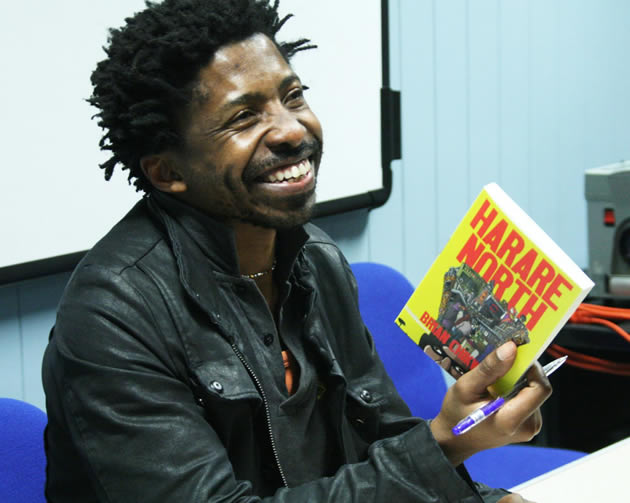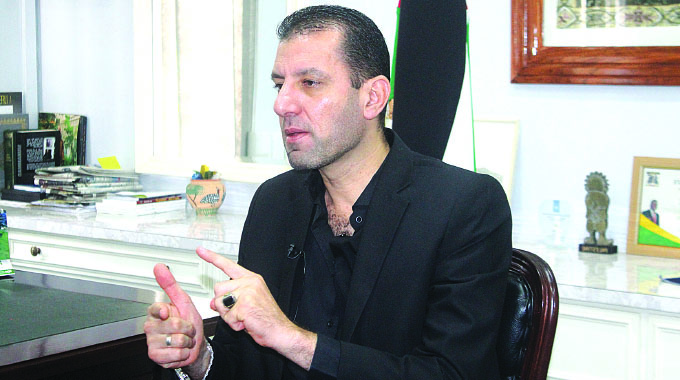Arab States meet to back Saudi Arabia

Cairo. – Arab foreign ministers met yesterday to rally behind Saudi Arabia a week after it cut ties with Iran in a diplomatic crisis that has threatened to worsen Middle East conflicts.
Iran meanwhile accused Saudi Arabia of hurting efforts to resolve the Syrian civil war with the dispute, which has seen tensions between the Sunni and Shiite regional rivals reach new heights.
Opening a meeting of Arab League diplomatic chiefs in Cairo, the group’s head Nabil al-Arabi accused Tehran of “provocative acts” and called for Arab unity.
He urged the foreign ministers, who gathered for emergency talks under a Saudi request, to “adopt a strong and clear common position calling on Iran to stop all forms of interference in the affairs of Arab nations”.
Saudi Foreign Minister Adel al-Jubeir denounced Iranian statements “hostile to Saudi Arabia” that he said had “directly driven the attacks” on Saudi diplomatic missions that led Riyadh to cut ties.
The row erupted following Saudi Arabia’s execution on January 2 of a prominent Shiite cleric, Nimr al-Nimr, along with 46 others on terrorism charges.
The execution touched off anti-Saudi demonstrations in many Shiite countries including in Iran where demonstrators sacked and set fire to the Saudi embassy in Tehran and its consulate in second city Mashhad.
Riyadh cut diplomatic ties with Tehran the next day and was followed by a number of its Sunni Arab allies including Bahrain and Sudan. Other Arab countries downgraded ties or recalled their envoys to Tehran.
The dispute escalated, with Tehran on Thursday saying Saudi warplanes had bombed its embassy in Yemen, wounding staff, and vowing to protest to the UN Security Council.
Riyadh, which is leading an Arab military intervention against Iran-backed Shiite rebels in Yemen, denied the accusation, saying no operations were carried out near the mission.
Saudi Arabia and Bahrain have also cut air links with Iran, while Tehran has banned Saudi goods from import.
Yesterday’s talks in Cairo come after foreign ministers of the Gulf Cooperation Council, which groups Sunni Arab monarchies, expressed their “total support” for Saudi Arabia on Saturday.
The dispute has raised fears of increased sectarian unrest across the Middle East and concerns it could derail efforts to resolve a range of conflicts, including in Yemen and Syria, where Saudi Arabia and Iran support opposing sides.
Iran, which denounced the attacks on the embassies and vowed to punish the perpetrators, has accused Saudi Arabia of using the crisis to distract attention from the execution and as a cover for anti-Iranian diplomatic efforts.
Iran’s signing of a deal with world powers over its nuclear programme last year sparked deep concern in Saudi Arabia, a key US ally, that its longtime rival was emerging from international isolation.
Iranian Foreign Minister Mohammad Javad Zarif on yesterday accused Saudi Arabia of using the dispute to hurt efforts to resolve the Syrian conflict, in which Riyadh is supporting rebel forces against President Bashar al-Assad, who is backed by Tehran.
“Saudi Arabia’s approach is to create tension intended to negatively affect the Syrian crisis,” Zarif said in statement. “We will not allow Saudi actions to have a negative impact.”
But after talks with Zarif in Tehran yesterday and with Saudi officials in the last week, UN Syria envoy Staffan de Mistura insisted the dispute would not damage his efforts. – AFP.







Comments